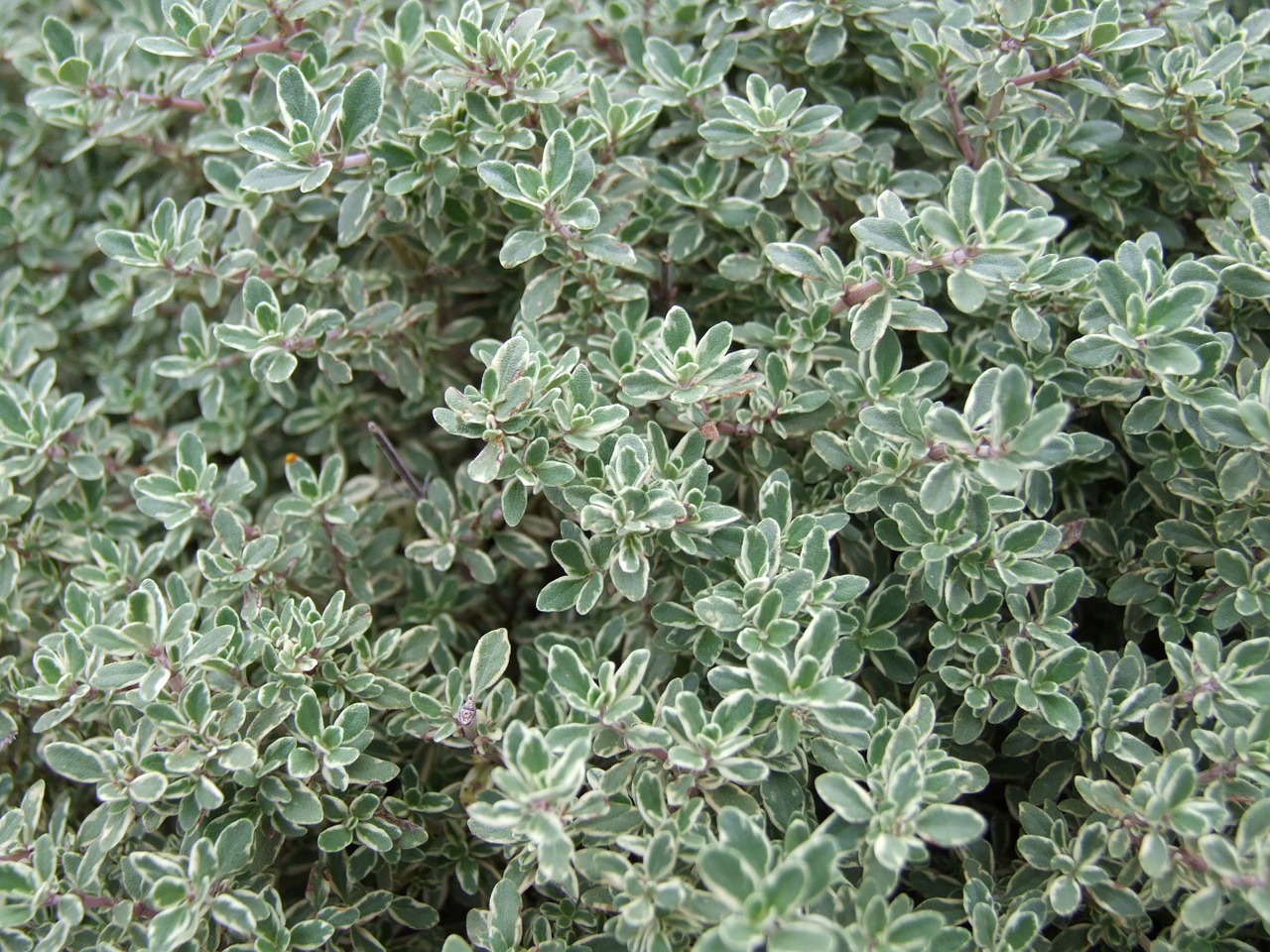Parsley, sage, rosemary, and thyme are four common herbs that find ways into our kitchen. My favorite is thyme. For years I have used thyme in my recipes without giving this phenomenal herb a second thought. My mom used it. My husband liked it. So I cooked with it. But events have transpired that have made me take a serious second look at this marvelous herb.
HEALTHCARE LAWSUITS
My late mother often treated her sickness with “bush medicine” when I was growing up. Nowadays it’s referred to as “alternative medicine”, “natural remedies”, “herbal remedies”, “holistic medicine”, and such like. I regret that I did not listen to my mother and watch her when she was mixing up her herbal concoctions. I never dreamed that one day I would begin to question a doctor’s diagnosis and the medications they prescribed for an ailment. But there are so many lawsuits that have occurred in the health industry since I was a kid. They are a very disturbing and troubling trend.
I constantly see advertisements on television advising people that if they had been prescribed a particular medication and experienced health compications as a result, they might be entitled to monetary damages. WHAT???!!! My health was already bad. That’s why I sought medical attention and treatment. But you’ve ruined my health and now I have even more ridiculous hospital and medical bills to pay. I might have even died from the prescribed meds and my family is suffering as a result. But an award for monetary damages should fix things. Right?
You can’t help but ask yourself: What are my choices?
CHOICE 1: Go see a doctor, have them prescribe meds to treat one illness and then develop other ailments I didn’t even have and/or experience numerous side effects that I wasn’t experiencing with my “original” illness that I sought treatment for. But not to worry. Because if a lawsuit is filed, I’ll get money!! Some choice huh?
CHOICE 2: Try to diagnose and treat myself with old-fashioned “bush medicine” or find a holistic practitioner who will treat me using natural remedies. Perhaps the natural remedies won’t cure me. Perhaps I might develop another illness because of my reaction to alternative medicine. Then again … maybe my condition will improve and in addition, I won’t suffer all those side effects associated with prescribed medications. But what about a lawsuit? Uuhh … ??? … come to think of it … most of the advertisements on television about lawsuits pertain to prescribed drugs and not natural remedies.
ABOUT THOSE CHOICES
Fortunately for me, for most of my life, my health has been good. The majority of my doctor visits and hospital stays were due to pregnancies. I am blessed and I have sympathy and empathy for those who have a health condition that requires constant care and medical attention.
But whether you enjoy good health or are afflicted with a chronic health condition or you are somewhere in between, learning about herbal remedies might prove to be of some value to you. In my family, there is high blood pressure, heart disease, and diabetes. Personally, it is my belief that had certain family members changed their eating habits and used certain herbs and spices in their foods, they probably could have led a healthier lifestyle. That’s why now when I cook with certain herbs and spices, I also try to learn about their medicinal qualities and health benefits as well.
WHAT ABOUT THYME?
Since I use thyme a lot for cooking, I looked up some information about it. The food history of thyme is very interesting. It’s called the “herb of courage”. In the Greek language, the word “thymus” means courage. FUN FACT: Did you know that in 1997, the International Herb Association named thyme the “Herb of the Year”? They said it was the herb of the year due to its long connection with human civilization.
With regard to its human history, written historical records indicate that thyme dates back to 2750 BC. There is evidence of its use by the ancient civilizations of Sumeria, Egypt, Greece, and Rome.
- In Sumeria, it was used as medicine.
- Egyptians used it for preserving the dead body.
- The Greeks put thyme in their baths and burned it as incense in their temples.
- In Rome, they threw it on the floor to get rid of poisonous snakes and other pests.
With regard to its use in cooking and medicine? This herb was, in ancient times, and still is, even today, an essential ingredient in Greek cooking. When the famous American diva and home goddess Martha Stewart says she is using a “Bouquet Garni” for seasoning, what she is really saying is that she is using the combination of bay leaves, parsley, and thyme; three (3) herbs used in traditional French cooking. Many chefs recommend drizzling thyme oil over grilled meats and roasted vegetables for extra flavor. Thyme has anti-inflammatory, anti-bacterial, and anti-fungal properties. There has been a lot of studies on the medicinal value of thyme and it has been established that thyme oil is very beneficial in skin conditions like acne, heart diseases, and even breast cancer. Thyme was used during the Bubonic Plague. Benedictine monks who have been respected herbalists for centuries added thyme to their elixirs. Thyme is also used in aromatherapy.
♦ There is so much more that can be said about thyme, the herb of courage. But hopefully, this is an adequate introduction.
